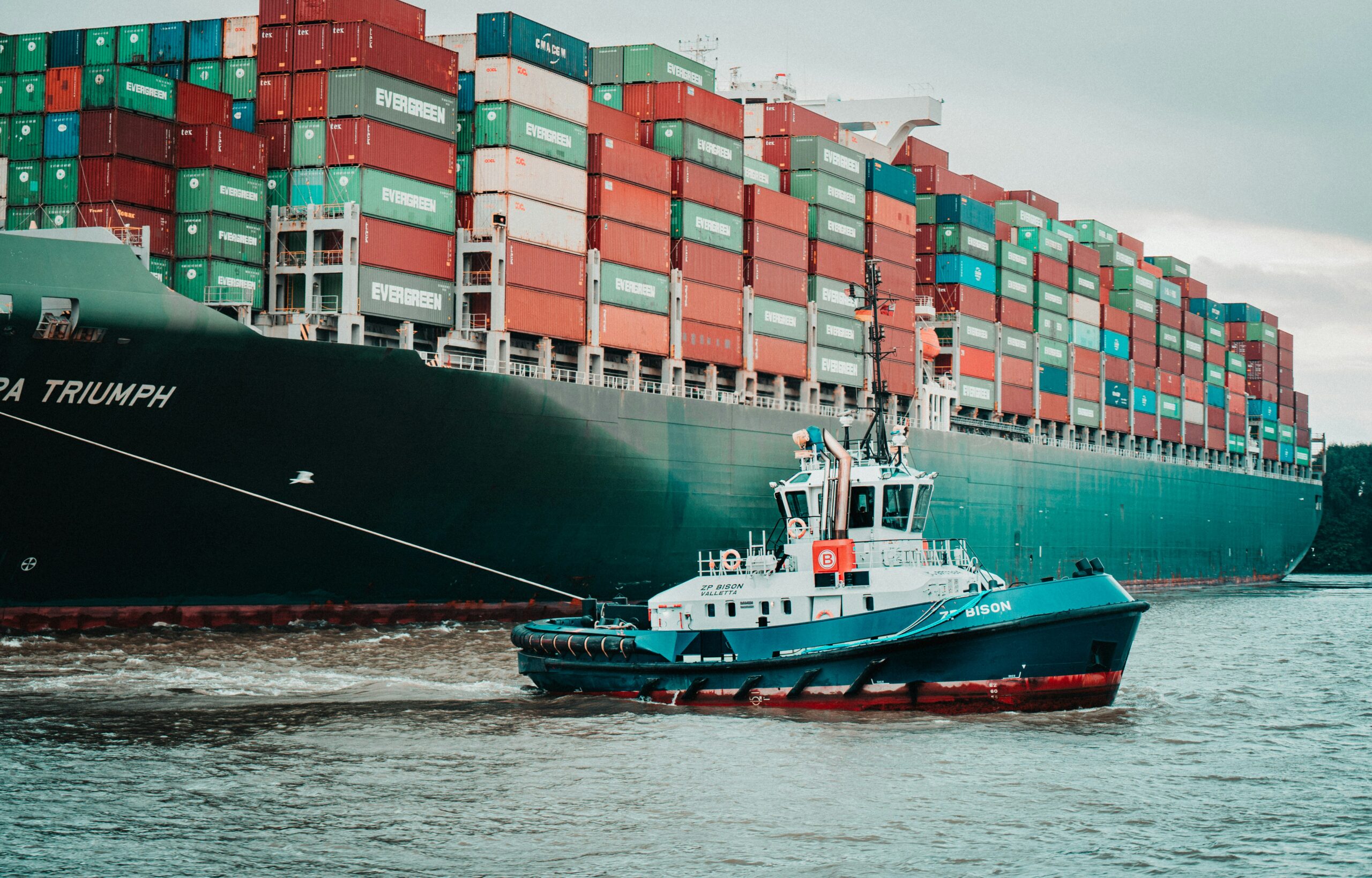February 2023 has brought a stronger focus on ESG risks in supply chains, growing executive accountability for sustainability failures, and intensified pressure on companies to meet net-zero targets. This month’s key updates include:
- Supply Chain ESG Risk Assessments: Major industry groups are advocating for stricter supplier sustainability requirements.
- Executive Accountability for ESG Compliance: Directors are facing increased personal liability for sustainability failures.
- Net-Zero Commitments Under Scrutiny: Climate targets are being examined for credibility, with companies required to provide clearer transition plans.
Supply Chain ESG Risk Assessments
Supply chain sustainability has become a critical concern for regulators and industry groups. The International Council on Mining and Metals (ICMM) has introduced new ESG performance benchmarks for suppliers, requiring stricter environmental impact assessments and worker welfare policies (ICMM, 2023).
This shift means that mining and construction companies must ensure their suppliers comply with evolving ESG standards or risk losing contracts and facing reputational damage.
Case Study: Fortescue Metals has updated its supplier engagement strategy, requiring all Tier 1 suppliers to disclose carbon footprints and social impact reports before securing contracts (Fortescue Sustainability Report, 2023).
Executive Accountability for ESG Compliance
New legislation is making directors and senior executives personally accountable for ESG non-compliance. The Australian Prudential Regulation Authority (APRA) has introduced stricter penalties for companies failing to meet climate risk disclosure and governance requirements (APRA, 2023).
Directors could face legal action if their companies misrepresent sustainability claims or fail to address ESG risks adequately.
Case Study: A mining company in NSW was fined $5 million after its directors failed to disclose environmental liabilities, triggering shareholder lawsuits (ABC News, 2023).
Net-Zero Commitments Under Scrutiny
Regulators and investors are increasing scrutiny on corporate net-zero commitments. The Climate Council of Australia has urged businesses to provide credible transition plans instead of relying solely on carbon offsets (Climate Council, 2023).
Case Study: A large Australian construction firm faced backlash after overstating its carbon neutrality claims, leading to regulatory intervention and damage to investor confidence (ASIC, 2023).
Strategic Imperatives for Executives
- Assess Supply Chain ESG Risks: Conduct comprehensive supplier audits to ensure compliance with new standards.
- Strengthen Executive Oversight: Implement clear ESG governance structures to protect directors from legal liability.
- Develop Credible Transition Plans: Ensure net-zero commitments include detailed, actionable roadmaps.

